I was surprised to find this one on Netflix.

A Little History
Tin Man was a one-off miniseries broadcast on the Sci Fi channel (this was before they made their oh-so pretentious name change). It was heavily marketed at the time and received fair-to-good critical buzz.
But I never got to see it. I was busy with something or other, though I admit a lingering curiosity about the project.
Time passed, and the channel that produced Tin Man went through some crazy changes. They made more things. They made Battlestar Galactica. They made a Sharknado movie. And another. And another.
And after all that, the long forgotten Tin Man hit Netflix, where it was cherished as something of a forgotten classic. And the new platform made it perfect for those people who had missed it the first time around.
So, how good is it?
Let's Cover the Bad Stuff, First
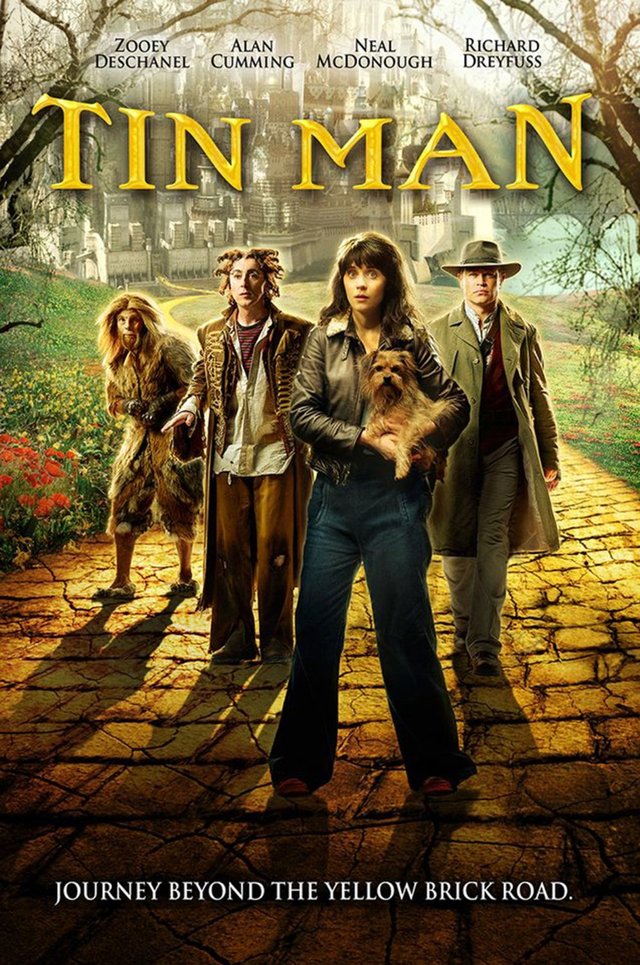
Being a made-for-TV miniseries broadcast on the Sci Fi network, this show falls victim to some predictable shortcomings, including
- The special effects are comically awful.
- The music is done on a shoestring budget. It is orchestrated with extremely tinny synthesizers (though I was pleasantly surprised to find some clearly defined themes woven throughout the score, as if the composer actually cared about what he was writing).
- The acting is mandatorily bad, by which I mean that even the really good actors were forced to act badly (read: they were given bad direction, probably with an amateur at the helm).
- The dialogue is poorly written. Parts of the scenario and story were also badly written.
It's strange to see how big all the holes are, considering how many talented people worked on this project. Alan Cumming, Richard Dreyfuss, and Neal McDonough are all talented actors, and Zooey Deschanel is...
...
...
...
...
...
...a competent actress, when she is given parts that were specifically written for someone like her.
Still, the show suffers. The plot is confusing and sometimes contradictory. The story is corny as can be. It cops out of having the (rather decent) villain being the actual villain. And, above all else, the whole thing just feels contrived, to the point of being shallow and transparent.
But Before You Start Thinking that I Hated It...
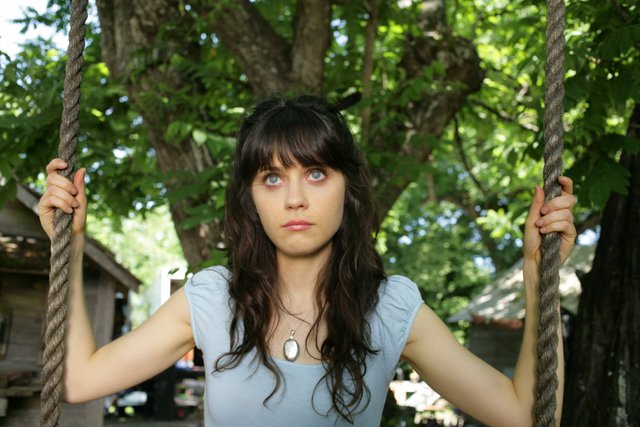
All the same, I don't think I would take back the hours I spent watching this show, if I had the power to do so.
The dialogue may be terrible, but much of the scenario and overall story are creatively done, and they didn't fail to hold my attention.
The concept of a post-apocalyptic Oz, where sorcery meets steampunk, is a rather original and intriguing idea, and it pulled off the concept far better than Tim Burton's Alice in Wonderland ever even attempted.
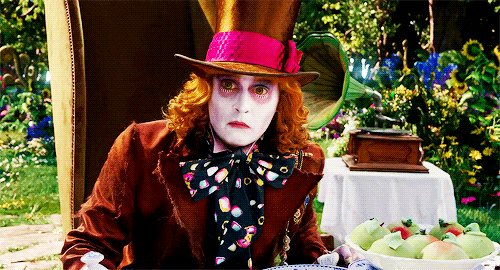
On the whole, there was a lot there to enjoy, especially if you count potential. All throughout my viewing, I could see what the filmmakers were trying to do. And, despite their failure, I could appreciate their efforts.
So, let's dive a little deeper.
The Story
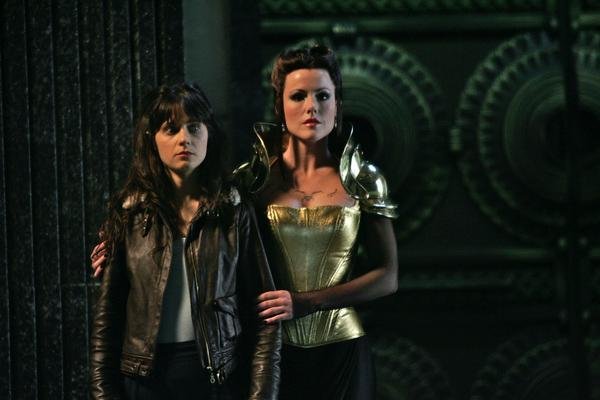
A waitress in Kansas who goes by the initials "DG" suddenly discovers that her entire life is a lie when she gets whisked away to the O.Z. (Oz, in this incarnation, is known as the "Outer Zone") by a magical tornado.
However, during the event she gets separated from her parents (and it's odd that she still lives with her parents, even though they try their best to play down Zooey Deschanel's age) and is now desperate to find them. As she begins her search, she meets an enigmatic stranger with a zipper on his head who has lost his brain, as well as an ex-lawman with a chip on his shoulder, and a half-man, half-beast with the power of prophecy.
Complicating matters is the fact that the O.Z.'s de facto tyrant---a sorceress by the name of Azkadellia---believes that DG is the only one who can stop her evil plan to use a magic macguffin to make the coming solar eclipse a permanent event, thus plunging the O.Z. into eternal darkness. Why such a situation would benefit her is never explained.
Nevertheless, it is up to DG and her friends to stop Azkadellia and save the world.
Hush, Hush
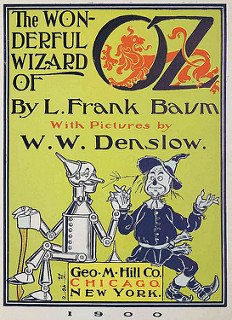
One of the stranger aspects of Tin Man is the fact that the show seems allergic to any of the vocabulary coined by the source material.
The witches are rarely called witches.
The scarecrow is never called a scarecrow.
The lion is not especially thought of as a lion.
The Emerald City is never referred to as "the Emerald City".
Flying monkeys are not flying monkeys.
Munchkins are not allowed to be munchkins.
Winkies are not known by that name.
The wizard is almost never called a wizard (and, furthermore, he has been split into two characters, each one playing a different role).
The only character who keeps his original name with any regularity is the Tin Man, which may explain why the show is named after him (as naming it after any of the other characters or locations would leave the viewer without any idea that it references The Wizard of Oz at all.)
Granted, it may have been a smart move, on the part of the showmakers, to emphasize that these were not merely the original characters with a new coat of paint, but it is strange to see how painstakingly they dance around the subject of the original story.
My Judgment
Tin Man is an engaging thought experiment that is worth a look for people who want to see the good in it, despite knowing the bad is there. If you can live with all the corny, you'll probably have a good time. And if you're the kind of viewer who prefers corny, you may even love it.
It's worth a single viewing, and it's on Netflix right now.
Previous entries in the Netflixing series:
TV Shows
- Galavant
- Durarara!!
- Twin Peaks
- The Spoils of Babylon
- Cheers
- Firefly
- Scooby-Doo: Mystery Incorporated
- Soul Eater
- The Office
- Young Justice
- Futurama
- Blue Exorcist
- Bojack Horseman
- Black Butler
- Bob's Burgers
- Sherlock
- Death Note
- Daredevil
- Attack on Titan
- 3rd Rock from the Sun
Movies